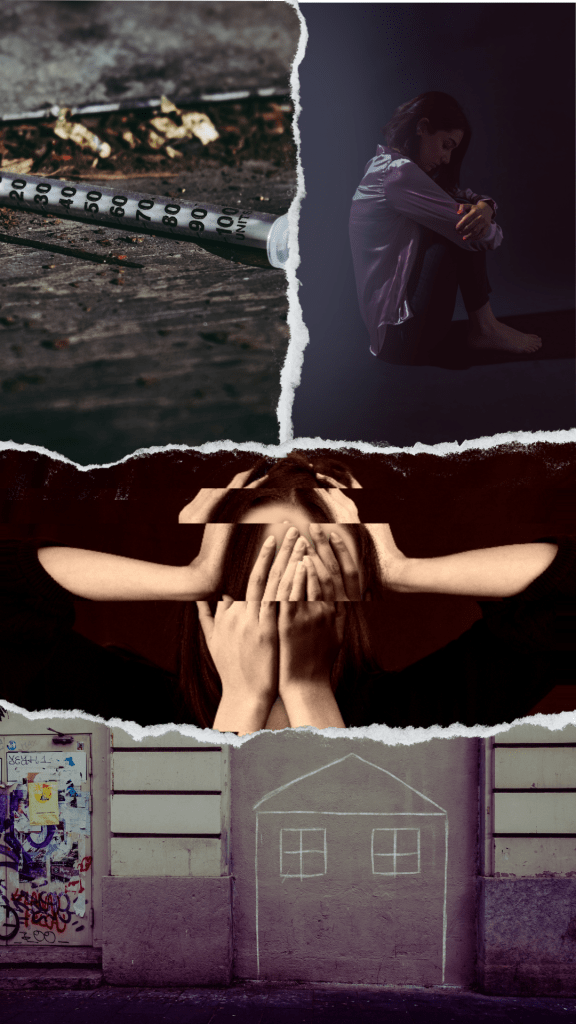NARCAN: a life-saving medication coming to a library near you
Public NARCAN vending machines are a big step in de-stigmatizing opioid addictions.

The Tacoma Public Library system is working with the Tacoma Needle Exchange and the Dave Purchase Project to install a NARCAN vending machine in the Tacoma Moore Library.
NARCAN is the brand name for naloxone, a medication designed to reverse the effects of an overdose from an opioid (such as heroin, fentanyl, Vicodin, codeine or oxycodone). NARCAN is administered as a nasal spray to an opioid-affected person. NARCAN has no recreational usage and has no effect on anyone without an opioid in their system. In the case of an overdose, you should always call 911: NARCAN is designed to stabilize a person before help arrives and is not a substitution for emergency medical services or opioid addiction treatment.
The public library system has a long history of providing life-saving social services to those in need. Tacoma Public Library workers have been trained in recognizing the signs of an overdose and the usage of NARCAN since 2018. Tacoma Public Library providing a public source of NARCAN is the next step in preventing unnecessary tragedy. Since the COVID-19 pandemic dramatically increased opioid dependency and overdose rates in Tacoma, this type of intervention is especially needed.
Drug usage is moralized – the debate surrounding addiction is centered around whether addiction is the result of poor self-control or a brain disease at which the drug user is at the mercy of an irresistible compulsion. It also matters whether you perceive this as an isolated, individual problem or a systemic issue. How one perceives addiction impacts the way the issue is addressed. If you assume that someone experiencing addiction is merely weak-willed, you are more likely to take a ‘tough love’ approach that puts the duty to recover solely upon the individual. In contrast, if you perceive addiction as a systemic issue due to a lack of social safety nets, you are more likely to support public harm reduction and recovery services as well as approach individuals struggling with addiction with empathy and patience.
I feel strongly that we must eliminate the moral aspect of treating addiction. Someone is not intrinsically flawed or a bad person for experiencing addiction. Addiction is a health issue, not a moral failing, and we need to implement support services that treat it as such. We also need to prioritize harm reduction instead of demanding sobriety – for many people, getting clean may seem out of reach. Providing harm reduction tools and strategies like clean needles and NARCAN mean that people can make it through another day. You can only recover from opioid addiction if you survive it.
I love the new NARCAN vending machine at the Moore Library because it is a step towards normalizing harm reduction and breaking the taboo surrounding discussions of opioid addictions. It’s a way to bring recovery and harm reduction into the public’s grasp. If it is something that can be talked about, it is not something to feel ashamed of. Breaking free of shame makes it easier to seek out treatment and recovery services.
If you or someone you know is struggling with an addiction, remember that harm reduction and recovery are always possible. You are not alone.




You must be logged in to post a comment.